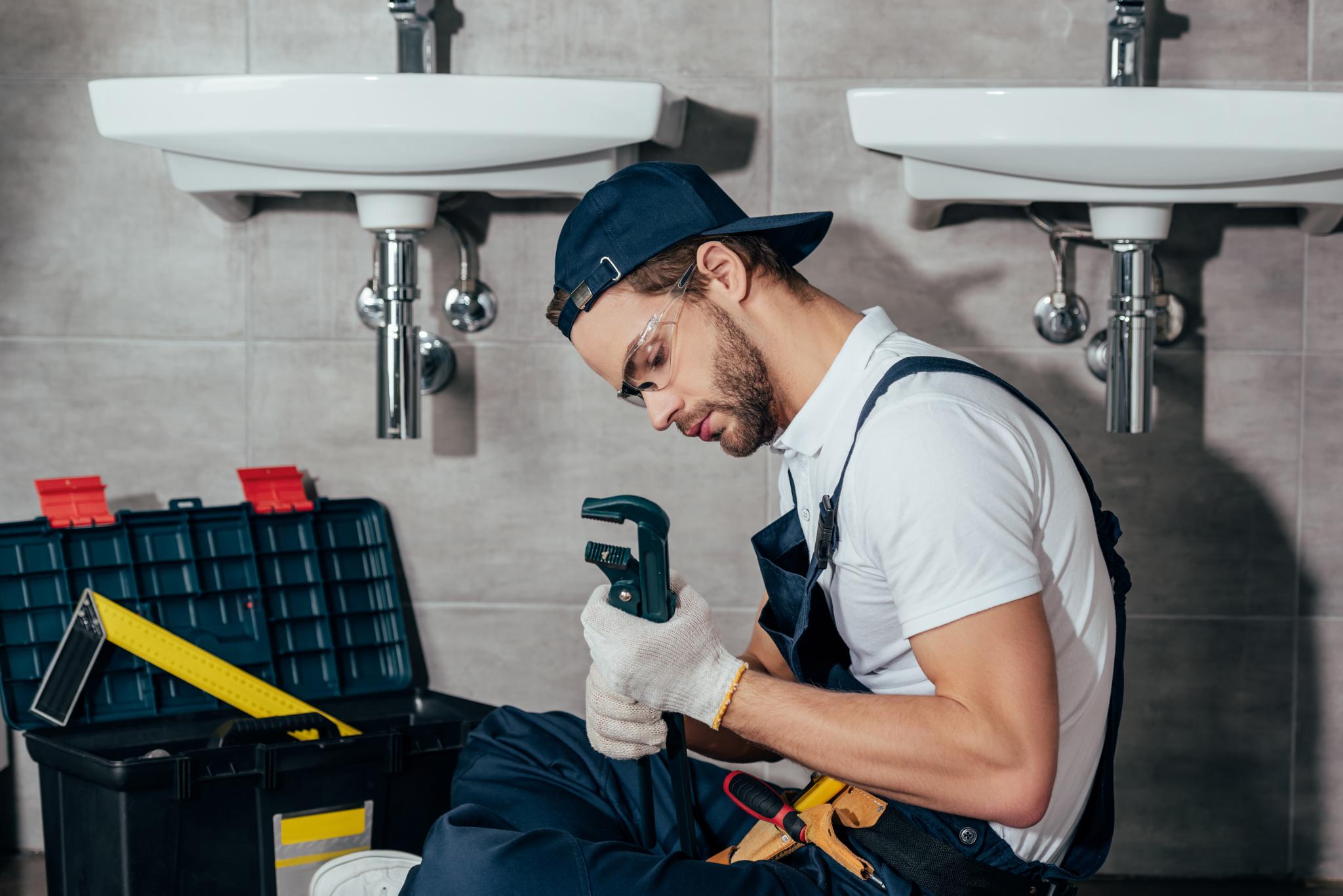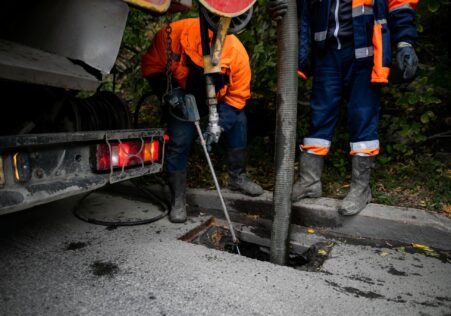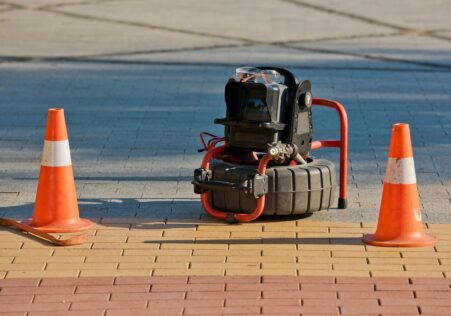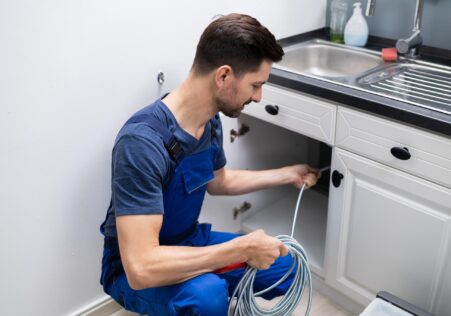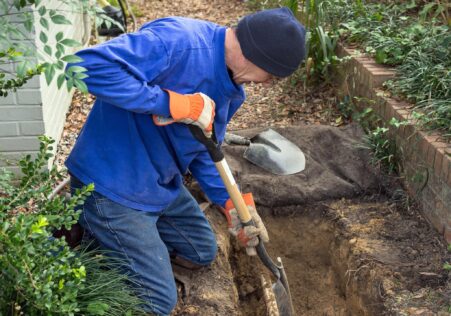The Role of CCTV Drain Inspection in Identifying Drain Corrosion

Blocked drains are a major problem for homes and businesses alike. They can cause disruptions, bad odors and may cause hygienic problems. It is vital to find the root of blocked drains in order to correct them and prevent any further blockages from occurring.
Key Takeaways
- The blockage of drains can result in problems with odor, disruptions and hygienic issues.
- Drain corrosion is the most common source of leaks and blockages due to aging, chemical exposure or accidents.
- CCTV Drain Inspection offers an accurate, cost-effective and efficient solution for diagnosing issues in pipe systems.
- The procedure involves insertion of the fiber-optic camera, which records images transmitted to a control center team that can identify problems big or small within the pipeline.
- Benefits include no destructive investigation cost savings, reduced resources and material costs as well as the prevention of problems in the future, quick diagnosis and timely report delivery.
- If you have any problems with drains that are slow or blockage, contact Adelaide Blocked Drains Plumbing for immediate assistance.
What is Drain Corrosion?
In the case of drainage, corrosion occurs when pipes age or are exposed to various chemical substances. The cause could be due to plumbing accidents, for example the destruction of PVC by corrosive drain cleaners. pipes. Corrosion can cause a variety of issues such as blockages or leaks which could result in permanent damage. However, determining the exact location and nature of issue can be difficult.
how CCTV Drain Inspection How CCTV Drain Inspection
CCTV cameras allow us to carry out an in-depth inspection on the drain system with out the need for digging which could end up damaging your yard or property.
The process is quite simple:
- We place a fiber-optic camera that is connected to a flexible cable into the drain.
- The camera takes high-quality images of the inside of your drain pipes. These images are then transmitted to our team working in our Control Center.
- Our highly trained technicians utilize these images to determine the source of any problems within the pipe, which includes corrosion.
Why Use CCTV Inspection?
Aerial pollution and seismic activity, as well as changing soils, and patterns of rainfall are all factors that can cause pipe blockages; therefore it is imperative to swiftly identify and address these issues before they escalate. Here’s why CCTV inspections are beneficial:
- Correct Identification Inspections of CCTVs give precise information on what’s happening in your pipeline to avoid destructive investigations that could result in the wasting of time and funds.
- Cost-effective Since there is no digging or excavation is required, it will save both manpower resources and the expense of material.
- Avoid Future Problems Our technicians can identify any issues, no matter how small in the pipework with high-resolution cameras that allow for early intervention preventing any future issues.
- Efficiency Our survey team can diagnose and deliver detailed reports immediately, enabling prompt decision-making for remedial actions.
Conclusion
In conclusion, CCTV Drain Inspection provides a fast and cost-effective solution for diagnosing blocked drains due to corrosion. The sooner the issue is identified, the faster the problem can be addressed with the least disruption. If you notice problems with slow drains or blocked drains contact us immediately. phone call by dialing Adelaide Blocked Drains Plumbing for immediate assistance.
Additional Information
- When Should You Call A Professional To Clear Your Blocked Drain?
- Drains 101: Essential Tips for Keeping Your Pipes in Good Condition
- Methods for Finding & Diagnosing a Blocked Drain
- Don't Fall for These Mistakes When Choosing a CCTV Drain Inspection Company
- Household Remedies for Unblock Blocked Drains
- Why Condo Complexes are Switching to Trenchless Pipe Relining Methods
- Learn How to Effortlessly Clear Your Clogged Drains with the Do-It-Yourself Guide
- The Dangers of Using Chemical Drain Unblockers
- 5 Reasons Why You Should Hire Professionals for Drain Cleaning Services
- The Top Solution for Blocked Drains: Discover Jetting Your Way to a Clearer System


